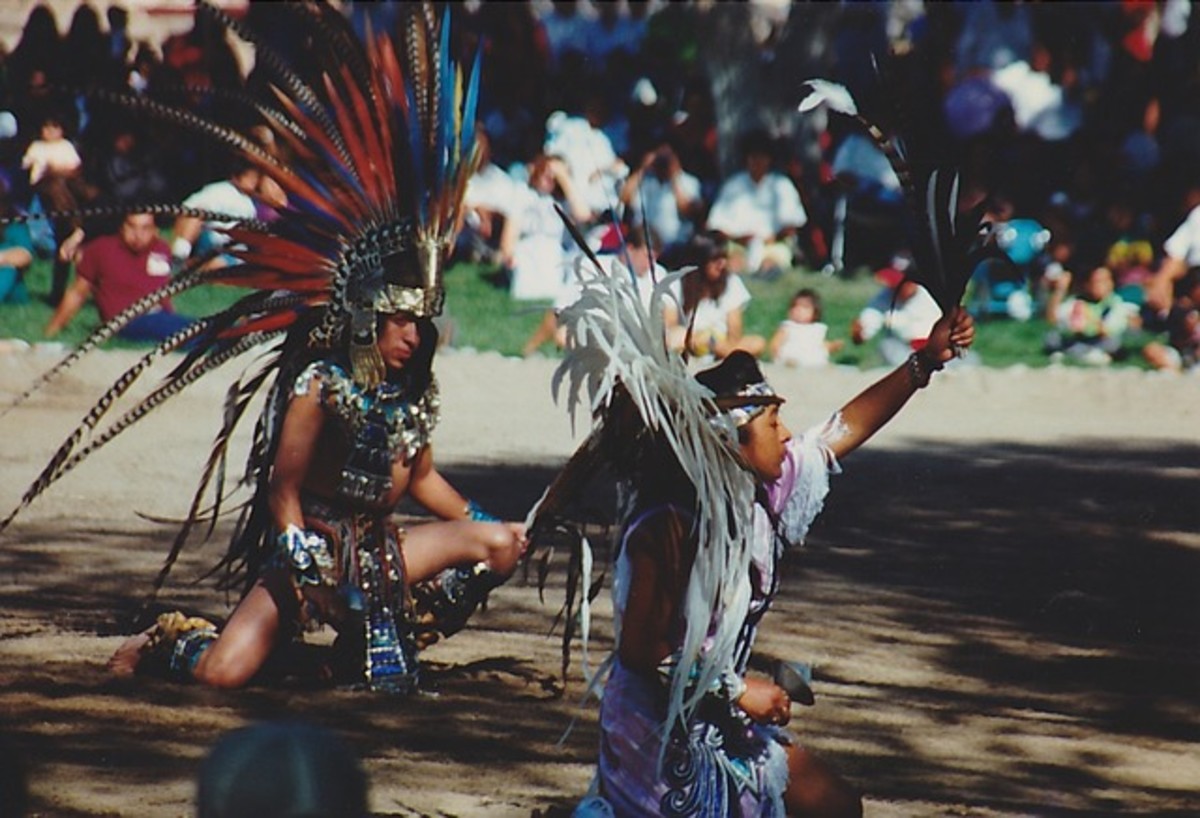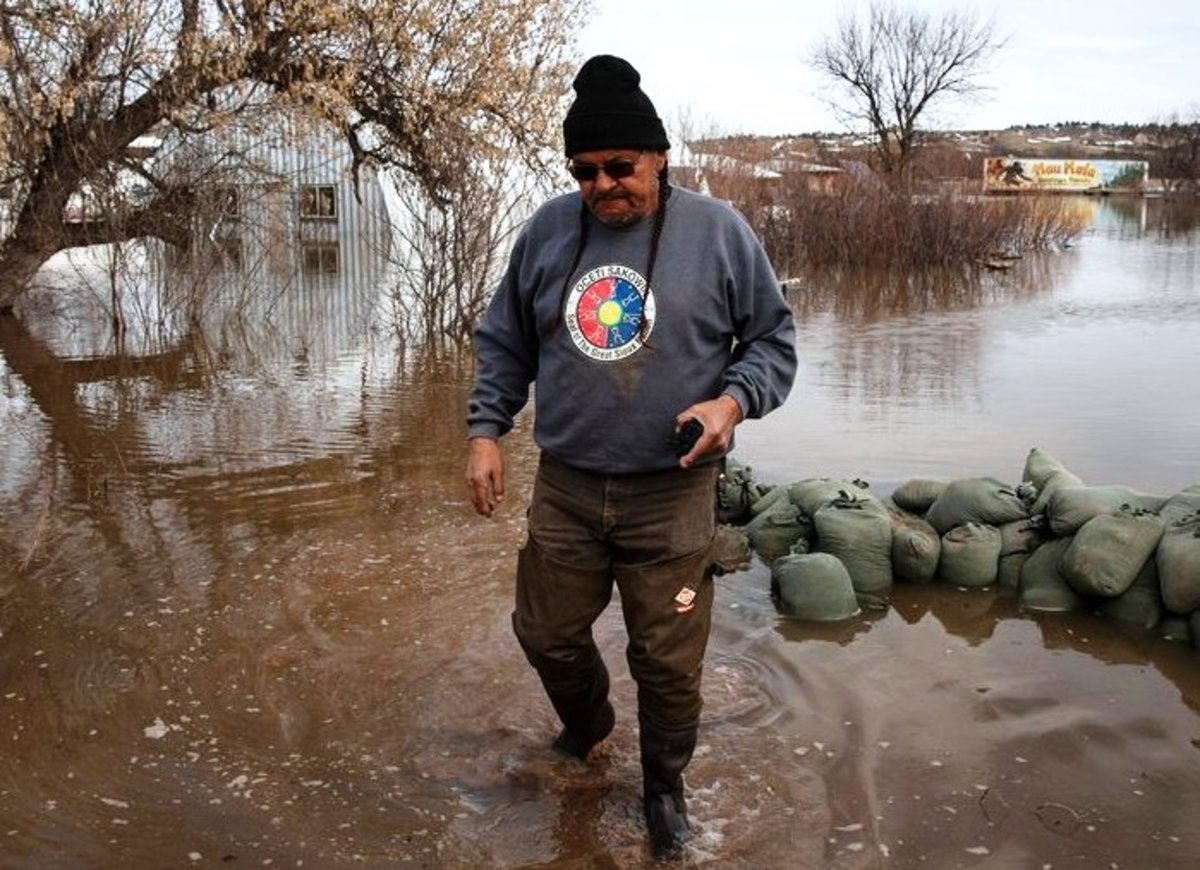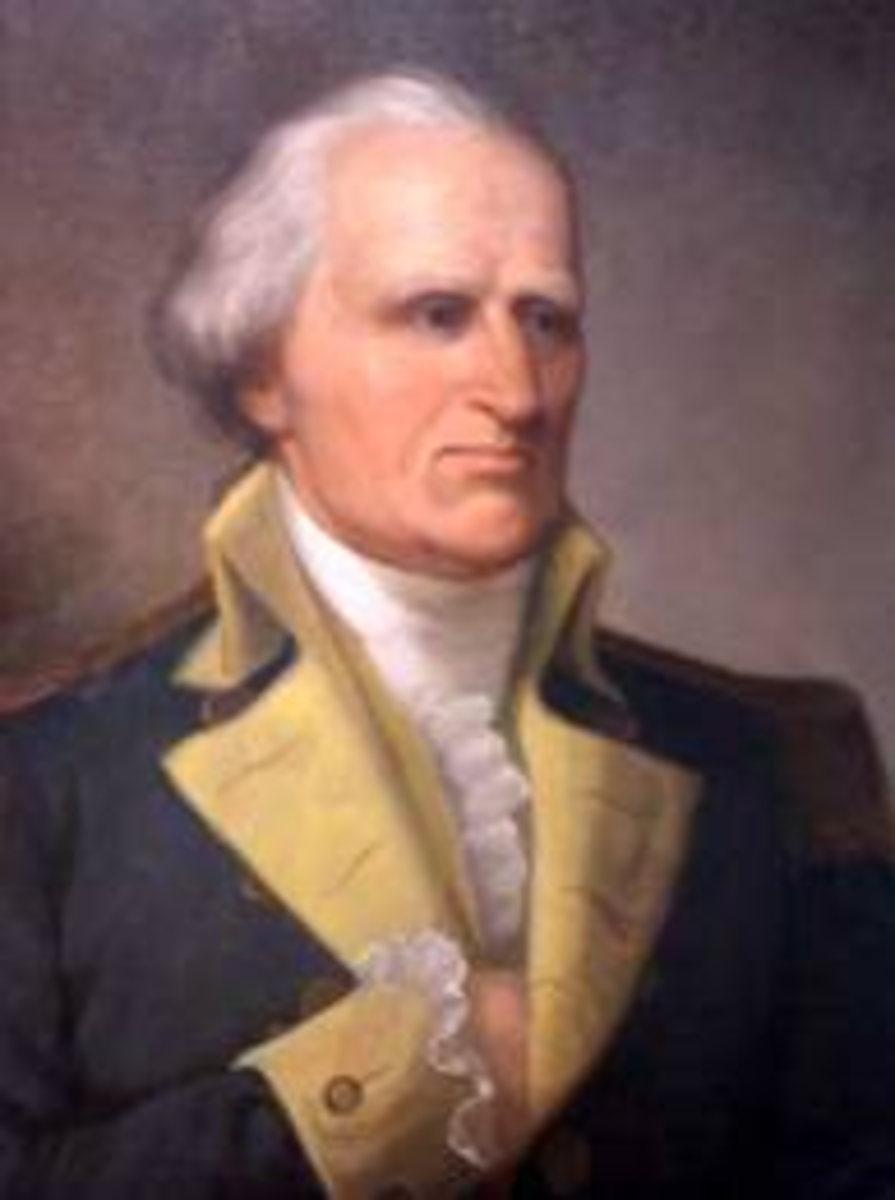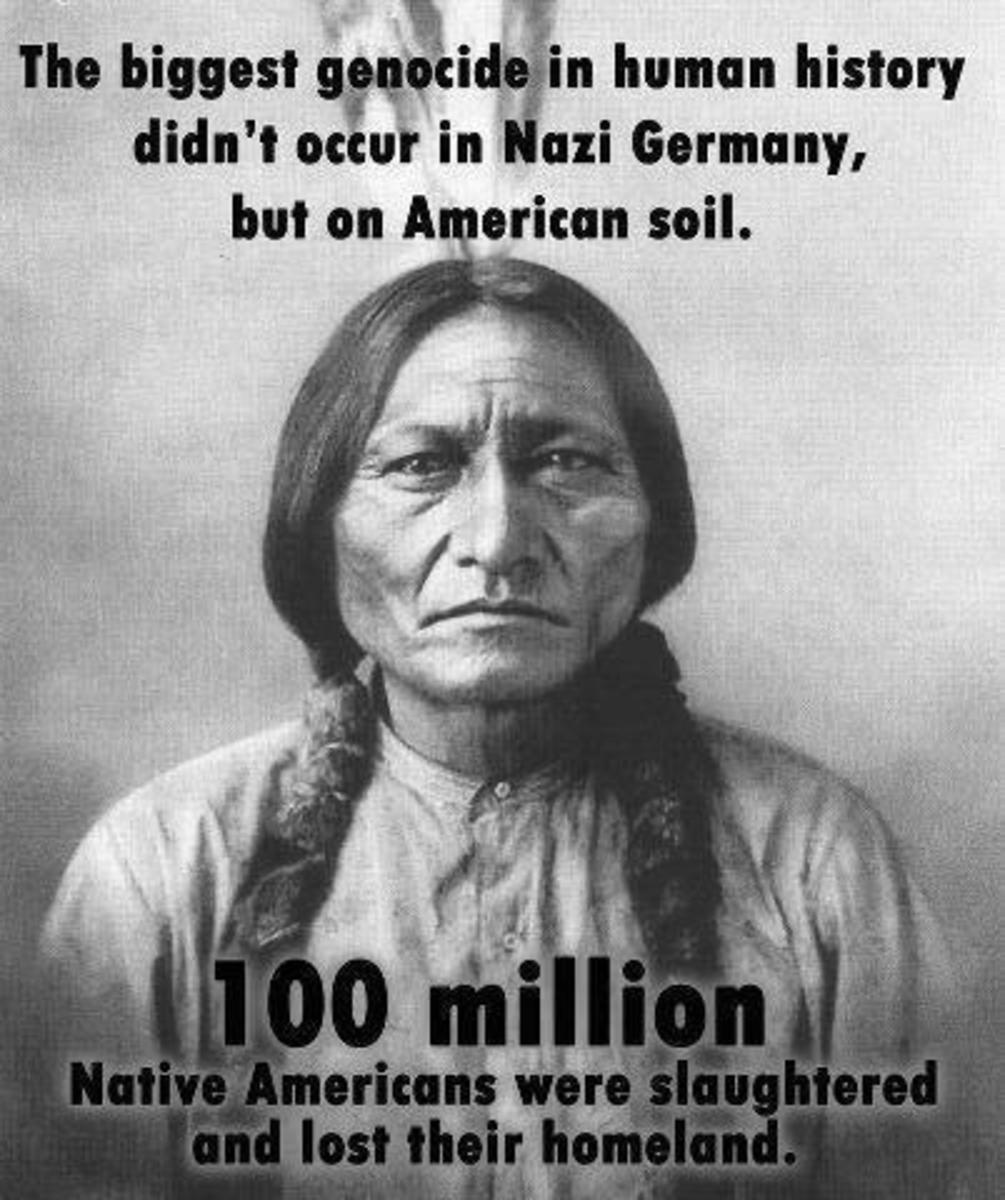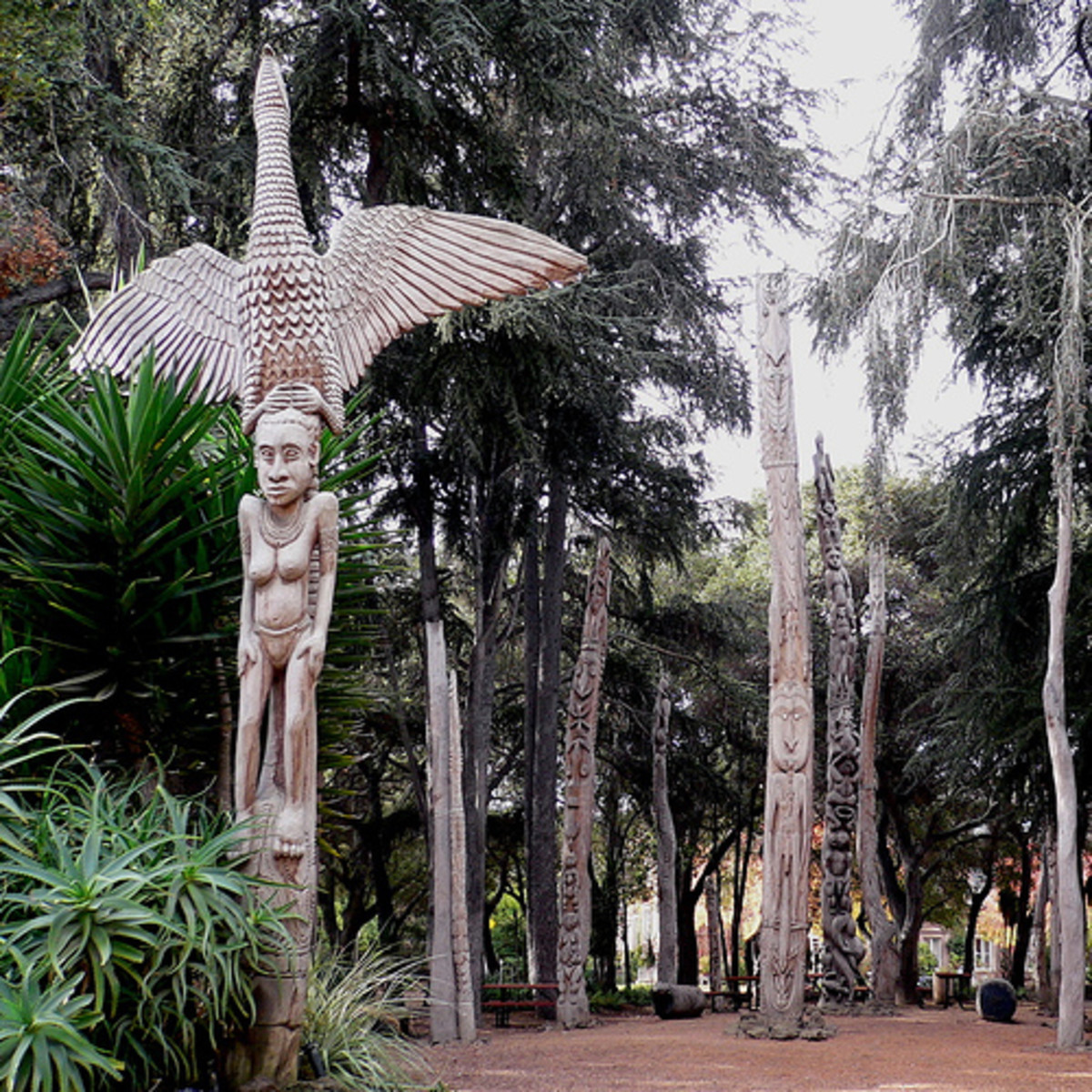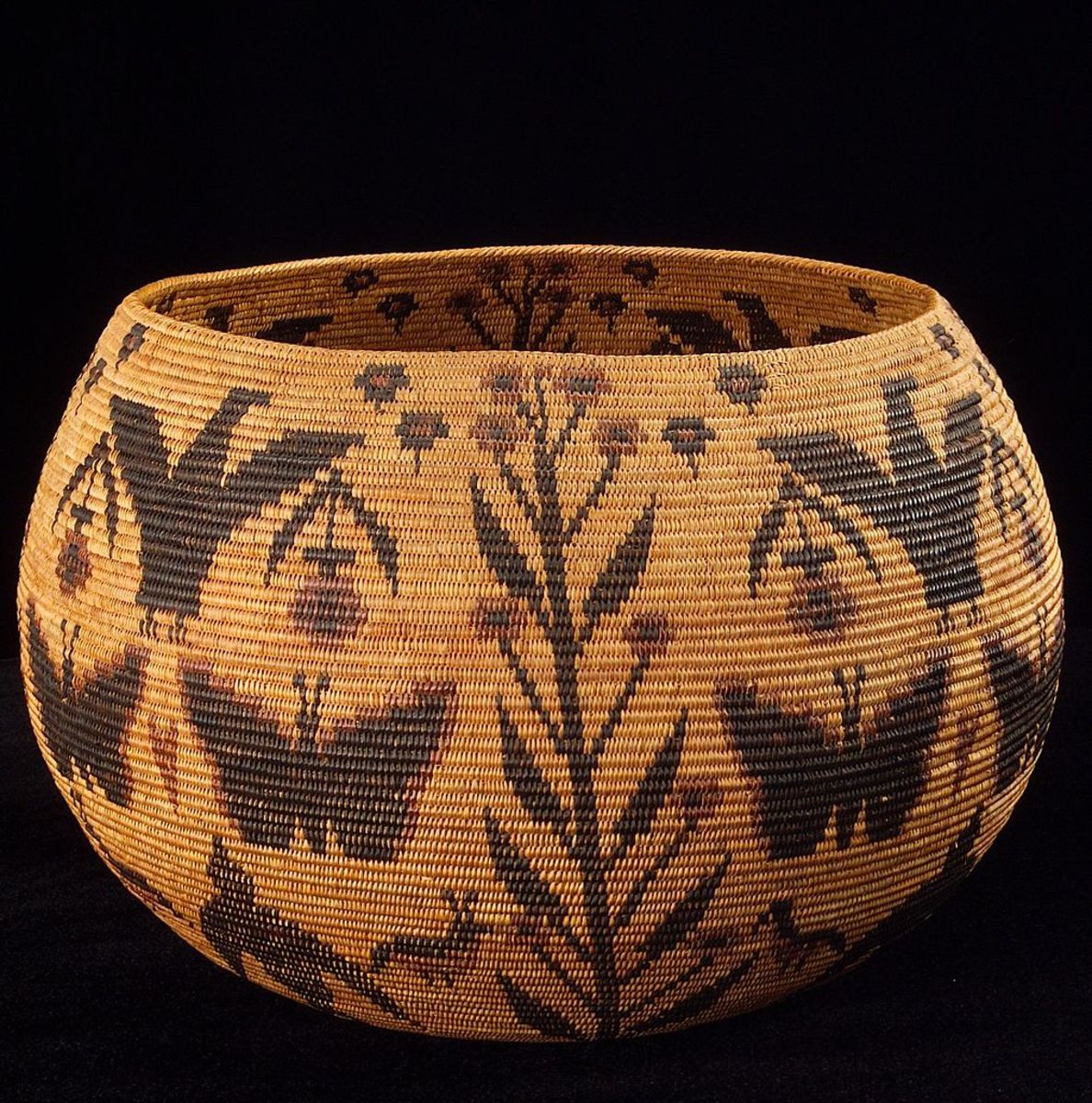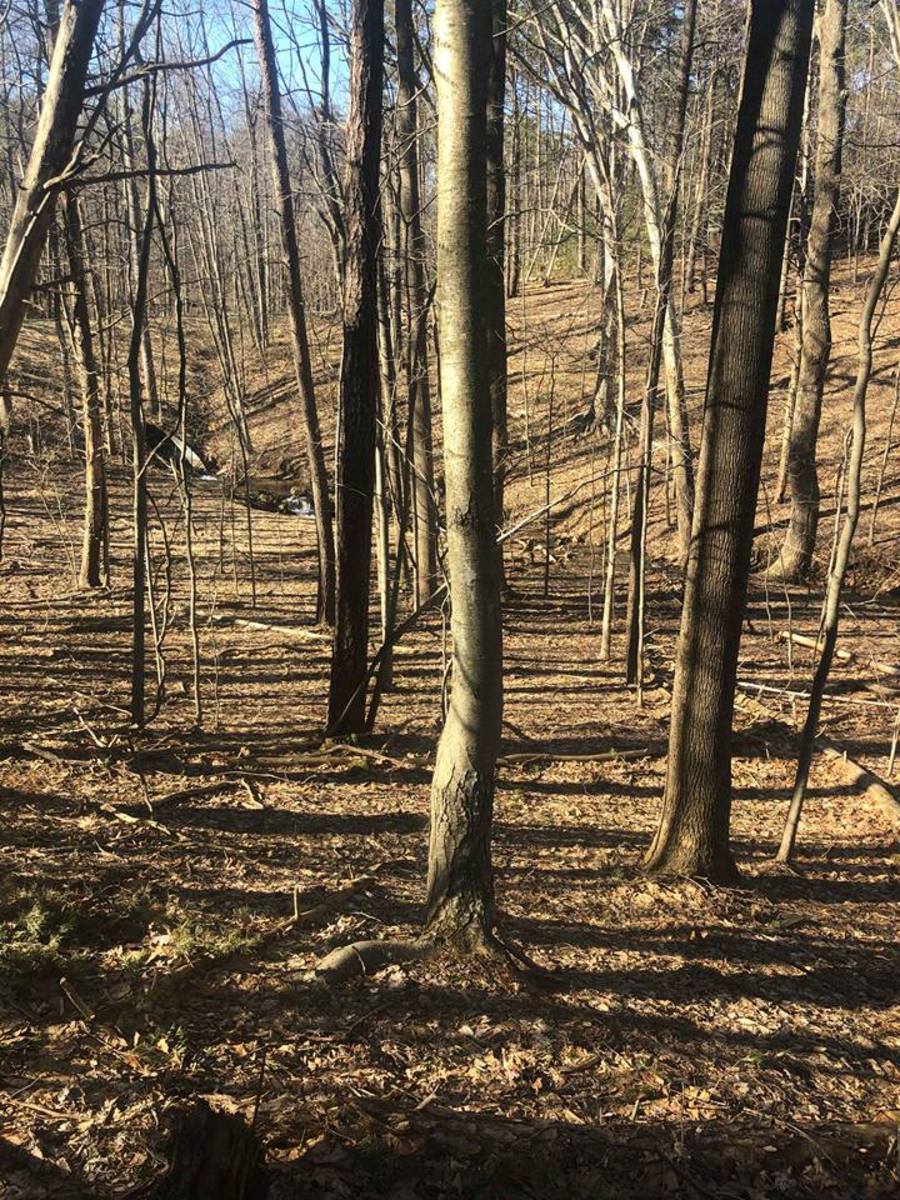- HubPages»
- Education and Science»
- History & Archaeology»
- History of the Americas
Tecumseh, Tenskwatawa, Tippecanoe - and Tyler too! Part two
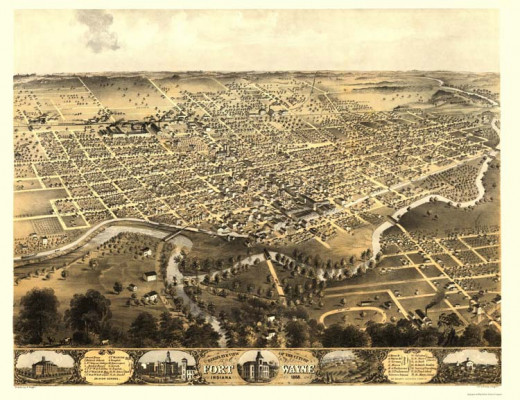
The Battle of Tippecanoe
In Fort Wayne the Americans met with 1,700 Potawatomis, Delawares, Shawnees and Miamis to distribute the annual annuities. Three tribes accepted, but the Miamis refused, claiming they had been coerced into signing the Treaty of Fort Wayne.
In June of 1811 Harrison sent a supply boat of salt up the Wabash to be delivered to several tribes. However, it was intercepted and seized by Tenskwatawa. Over the past year they had refused to accept any of the salt that was sent and the Prophet decided that seizing the salt would balance the books. He also told the captain of the boat that in a few days Tecumseh would return from the north with 2,000 warriors. Harrison was alarmed at this news and forbade the sale of ammunition to the Indians and, without evidence, claimed that Tecumseh was planning to kill him. Harrison said a confrontation could be avoided if Tecumseh agreed to go to Washington. Surprised at this false claim that he was planning to kill Harrison, Tecumseh decided to go to Vincennes and meet with him. Tecumseh intended to bring 24 Indians with him but 300 came of their own volition. This alarmed Harrison and an army of 800 men were waiting for them when they arrived in Vincennes. Unfortunately, the meeting accomplished nothing.
Tecumseh then headed south to garner support among the other tribes. He wanted to bring the Chickasawas, Choctaws and Creeks of Mississippi and Alabama into the confederacy.
While Tecumseh was gone Harrison saw it as a perfect opportunity to forcefully break up the Indian confederacy by attacking Prophetstown. On September 26, 1811, 1,000 troops left Vincennes for Prophetstown, 180 miles away. By November 5th they were within 12 miles of the town. Tenskwatawa wasn’t sure what to do, since Tecumseh had told him to avoid confrontation until he could garner more support from the south. On November 6th Harrison crossed the Wabash and was within a mile of Prophetstown. Tenskwatawa sent a message, wanting to meet with Harrison. Harrison agreed but at the same time planned an attack the following night. Anticipating this, Tenskwatawa planned on attacking at dawn and made a fatal mistake by telling his warriors that they would be safe from American bullets. Harrison was expecting the attack and after a two hour battle the Indians withdrew and abandoned Prophetstown, bringing to an end the Battle of Tippecanoe.
This was the beginning of the end for Tenskwatawa’s influence, since he had assured his fellow Indians of victory and that none would be killed. Although Harrison claimed victory in the Battle of Tippecanoe, of the 1,000 troops, he had 188 casualties, 62 being fatal. The Indians, with their 600-700 warriors, lost approximately the same. What had the most effect, however, was what happened as a result of the battle. While the Indians had previously been concentrated in one area, they were now scattered throughout Illinois and Indiana and seemed now to the Americans to be everywhere.
Tecumseh returned in January of 1812 to find his movement in a shambles. Furious, he threatened to kill his brother if he ever disobeyed him again. Tecumseh immediately began rebuilding the confederacy. A temporary village was built on Wildcat Creek, 15 miles away. While he did so he tried to keep Harrison happy by agreeing to go to Washington the next summer. He also sent some Winnebagos and Kickapoos to Harrison to convince him that recent earthquakes had persuaded them to abandon Tecumseh and to try and live in peace with the Americans.
Tecumseh moved everyone back to Prophetstown. By May of 1812 more than 800 warriors were in Prophetstown and across the Northwest more than 4,000 warriors were on the move. In June Tecumseh went to Canada to make plans for future military operations. At the same time troops under the leadership of General William Hull headed north to reinforce Detroit. By the time Hull arrived they found out that the United States had declared war on Great Britain. Hull prepared to invade Canada, believing that many Canadians would support the Americans. Hull’s army crossed into Canada on July 12, seizing Sandwich. The Canadian militia retreated to Amherstburg and some Indians retreated as well. On July 28th Fort Michillimackinac was seized by the British and Indians.
Detroit was short of provisions and officials in Ohio tried to send a supply train from the River Raisin to Michigan to help. On August 4th Hull sent out 150 men, commanded by Major Thomas Van Horne, to travel to the River Raisin. Tecumseh’s warriors intercepted the messenger carrying news of Van Horne’s mission and British Colonel Henry Procter sent 100 militia to help Tecumseh. At Brownstown, the British having not yet arrived, Tecumseh and 24 warriors turned back the 150 American troops. Nineteen Americans were killed and one Indian. Six hundred troops were sent from Detroit to meet the four hundred British troops who had now arrived in Brownstown. The Americans claimed victory.
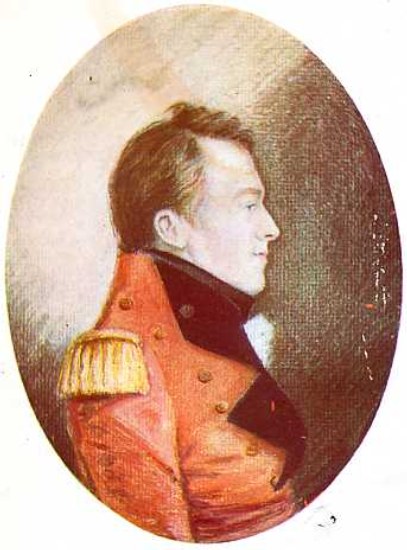
Tecumseh returned to Amherstburg and met with General Isaac Brock. Brock on August 13th. The two took an immediately liking to each other. Brock wrote of Tecumseh, "I've talked to the Indian chiefs, and there are some extraordinary characters amongst them. But here's Tecumseh. A more gallant or sagacious warrior does not exist."
On August 14th Brock met with 1,000 Indians and assured them of British support and victory. Brock told them he was about to invade Detroit. The next day Brock sent a message to Hull demanding the surrender of Detroit, even though the British and Indians were outnumbered two to one. When he refused, Brock and Tecumseh convinced the American defenders inside the fort that they were facing an army many times greater than their own. To do this Tecumseh cleverly paraded his small host of warriors again and again through a clearing in the forest. Thinking they were vastly outnumbered, the Americans surrendered without a fight, losing Detroit and suffering a very humiliating defeat.
Unfortunately for both the British and the Indians, Colonel Henry Procter took control of the British troops from Isaac Brock. Procter appeared to be more interested in just defending Canada rather than regaining lost Indian land and consequently the relationship between him and Tecumseh and the other Indians was not as good as it was with Brock. To make matters worse, on October 13, 1812 General Isaac Brock was killed at Queenstown.
When Tenskwatawa found out in July of 1812 about the declaration of war he went to Fort Wayne to try to convince the Americans of his friendship. While in Fort Wayne the Prophet secretly met with a messenger from Tecumseh, telling them to prepare for war. They were to rally in Prophetstown and send the women and children west for safety. The warriors were ordered to attack Vincennes, but instead the Prophet tried to capture Fort Harrison. This resulted in the defeat of the Indians by Captain Zachary Taylor on September 4th. Harrison then sent troops north throughout northeastern Indiana, destroying several Indian villages and burning crops along the way. In mid-November 1,200 Kentucky militia marched up the Wabash and burned all the Indian villages near the mouth of the Tippecanoe.
On September 9th the British lost control of Lake Erie. Procter decided to abandon Amherstburg and head towards Niagara. Unfortunately, he failed to tell Tecumseh and the other Indians of his plans. Both Tecumseh and Procter’s British subordinates were infuriated with the British commander. On September 18th Procter formally told the Indians about his plan to withdraw and that Harrison was planning to invade Canada. He then invited the Indians to join him.
Tecumseh’s reply was unforgettable:
Father, listen to your children! You have them now all before you.
The war before this our British father gave the hatchet to his red children, when our chiefs were alive. They are now dead. In that war, our father was thrown on his back by the Americans, and our father took them by the hand without our knowledge; and we are afraid that our father will do so again at this time.
Summer before last, when I came forward with my red brethren, and was ready to take up the hatchet in favor of our British father, we were told not to be in a hurry, that he had not yet determined to fight the Americans.
Listen! You told us, at that time, to bring forward our families to take this place; and we did so; and you promised to take care of them, and that they should want for nothing, while the men would go and fight the enemy. That we need not trouble ourselves about the enemy’s garrison; that we knew nothing about them, and that our Father would attend to that part of the business. You also told your red children that you would take care of your garrison here, which made our hearts glad.
Listen! When we were last to the Rapids, it is true we gave you little assistance. It is hard to fight people who live like ground hogs.
Father listen! Our fleet has gone out; we know they have fought; we have heard the great guns; but we know nothing of what has happened to our father with one arm (Robert Heriot Barkley). Our ships have gone one way and we are very much astonished to see our father tying up everything and preparing to run away the other, without letting his red children know what his intentions are. You always told us to remain here and take care of our lands; it made our hearts glad to hear that was your wish. Our great father, the king, is our head, and you represent him. You always told us that you would never draw your foot off British ground; but now we see you are drawing back, and we are sorry to see our father doing so without seeing the enemy. We must compare our father’s conduct to a fat animal that carries its tail upon its back, but when affrightened, he drops it between his legs and runs off.
Listen, Father! The Americans have not yet defeated us by land; neither are we sure that they have done so by water; we therefore wish to remain here and fight our enemy, if they should make an appearance. If they defeat us, we will then retreat with our father.
At the battle of the Rapids last war, the Americans certainly defeated us; and when we retreated to our father’s fort at that place, the gates were shut against us. We were afraid that it would now be the case, but instead of that we now see our British father preparing to march out of his garrison.
Father! You have got the arms and ammunition which our great father sent for his red children. If you have an idea of going away, give them to us, and you may go and welcome.
As for us, our lives are in the hands of the Great Spirit. We are determined to defend our lands, and if it be his will, we wish to leave our bones upon them.
A few days later Procter told Tecumseh that they’d have a better chance of defeating the Americans if they withdrew to Chatham. Having little choice in the matter, Tecumseh and three thousand Indians accompanied the British towards Chatham. Half of the Indians ended up deserting before reaching the town. When they arrived Procter then proposed withdrawing to Moraviantown, where the terrain was better for defense. Harrison and 3,000 troops arrived in Chatham two days later.
On October 5th Harrison arrived where the British troops were waiting. British resistance lasted exactly five minutes and they, along with Procter, retreated, leaving the Indians to fight alone. In the ensuing battle Tecumseh was killed and his body so mutilated by the Americans as to be unrecognizable. This was a practice the American soldiers did to many of the Indians.
Colonel Richard M. Johnson was given the credit for killing Tecumseh and in 1836 while campaigning for the vice-presidency proudly used the slogan “Rumpsey dumpsey, rumpsey dumpsey, Colonel Johnson killed Tecumseh!”
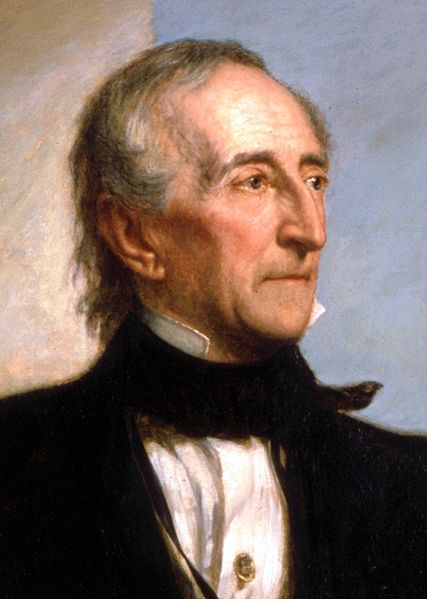
And Tyler Too!
So where does John Tyler come in? “Tippecanoe and Tyler Too” was a popular campaign song in the 1840 presidential election. The lyrics praised the accomplishments of William Henry Harrison as he ran for president of the United States, and his vice-presidential nominee, John Tyler. It’s worth noting that, in keeping with the spirit of oppression, Tyler was a slave holder his whole life and at one time owned forty slaves.
Summary
At the Treaty of Paris in 1783, which ended the American Revolutionary War, no Indians were represented at the negotiations and weren’t even mentioned in the treaty. The assumption was that all land was American land.
The Indians had been reduced, through treaties, to parcels of land too small to sustain life. Some Indians wanted to take back any land that had been lost. All that Tecumseh wanted was to keep land they still had and to keep the Indian way of life going.
The Indians had a way of life that was admirable. Their whole society was based around helping the unfortunate, not clinging to possessions, but sharing what they had. All of it came to a crashing end with the invasion of the European settlers.
Future US president Thomas Jefferson - a man admired by millions of Americans - was a man who, throughout his lifetime, owned as many as 300 slaves. He was ruthless when it came to what he called the “savages” and their way of life, signing into law the Indian Removal Act in 1830. Twenty nine years earlier he wrote:
"The American settlements will gradually circumscribe and approach the Indians, who will in time either incorporate with us as citizens of the United States, or remove beyond the Mississippi. Some tribes are advancing, and on these English seductions will have no effect. But the backward will yield, and be thrown further back into barbarism and misery ... and we shall be obliged to drive them with the beasts of the forest into the stony mountains."
Trying to escape any responsibility for the fate of a people whose land his people had invaded, Jackson said In his speech to congress “On Indian Removal”:
Can it be cruel in this Government when, by events which it cannot control, the Indian is made discontented in his ancient home (emphasis added) to purchase his lands, to give him a new and extensive territory, to pay the expense of his removal, and support him a year in his new abode? How many thousands of our own people would gladly embrace the opportunity of removing to the West on such conditions! If the offers made to the Indians were extended to them, they would be hailed with gratitude and joy.
The Indians were indeed driven into submission by those priding themselves on being a free people. Tecumseh tried to stop this and died in the process.
More articles on Native Americans can be found on Facebook at Kekionga - The Blackberry Patch
For those reading the series America, Blessed by God, click here to continue to Part Seven.


